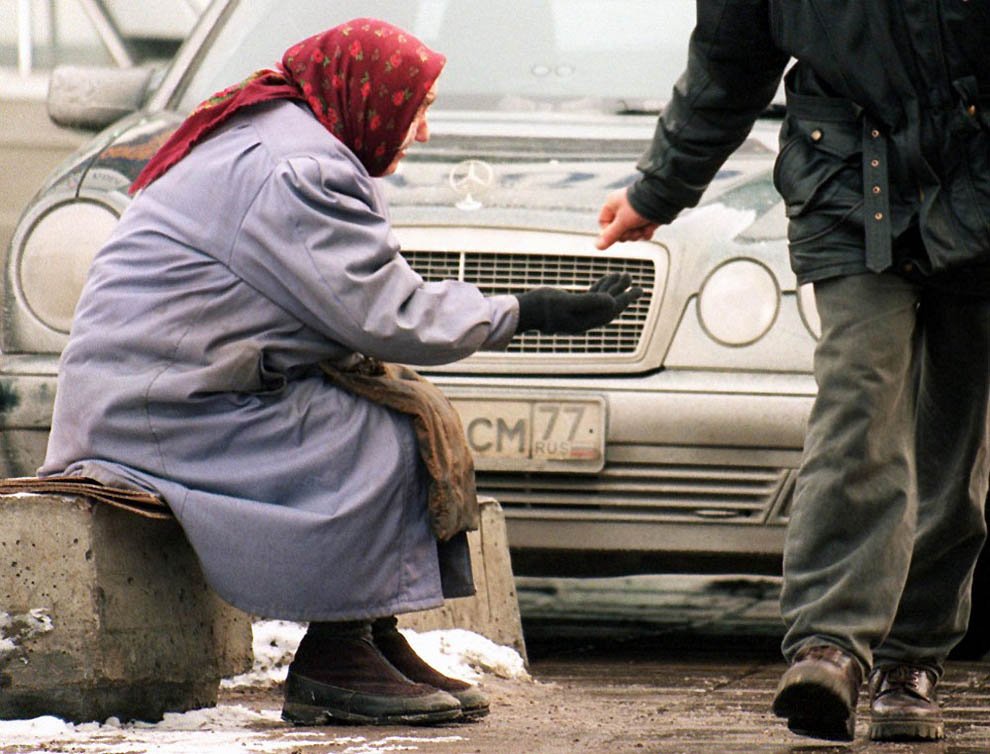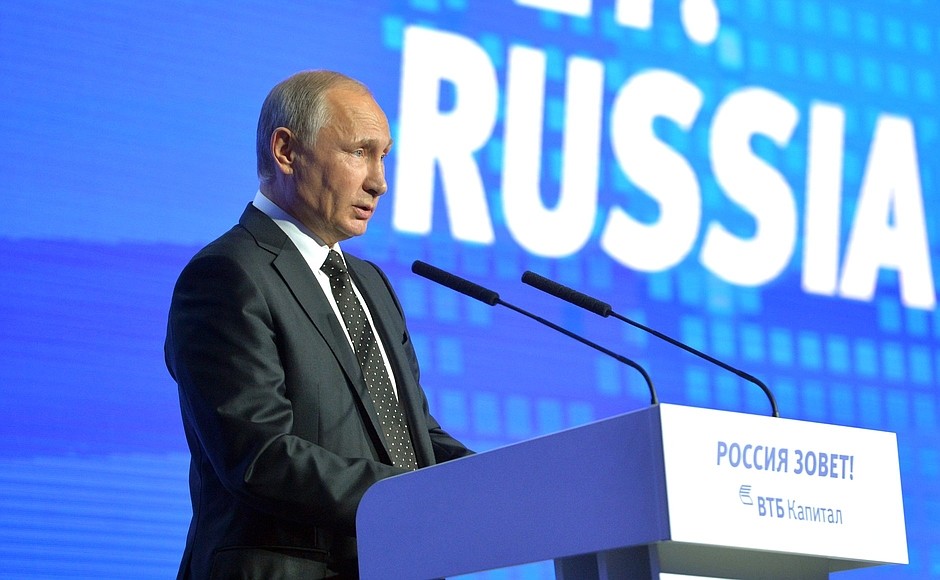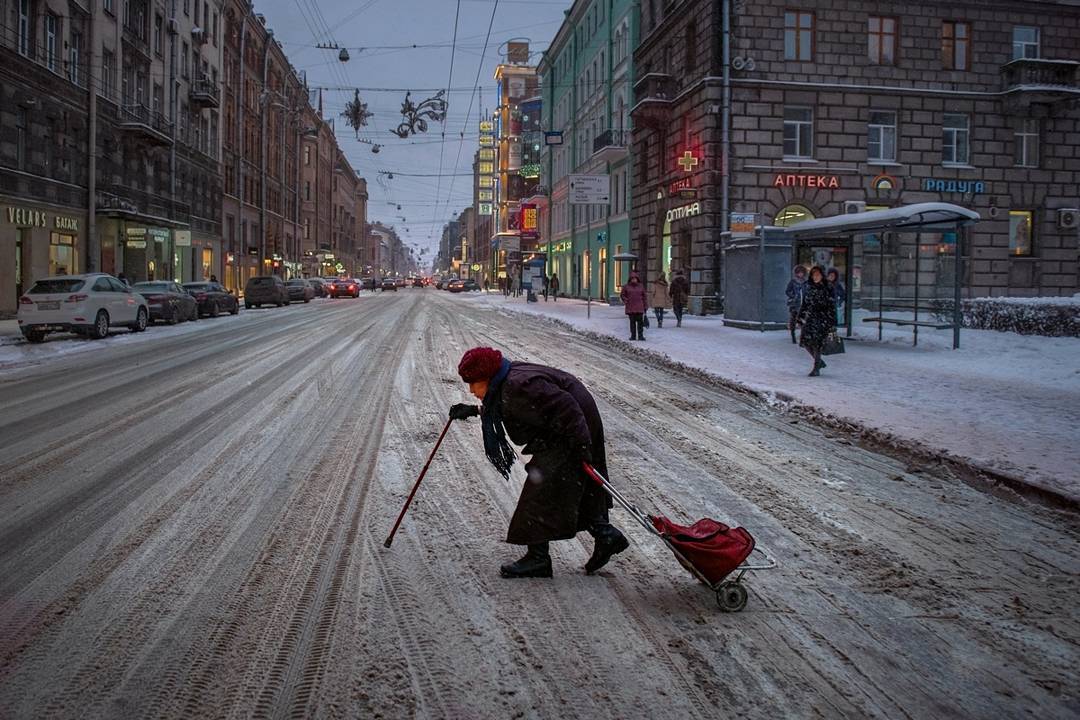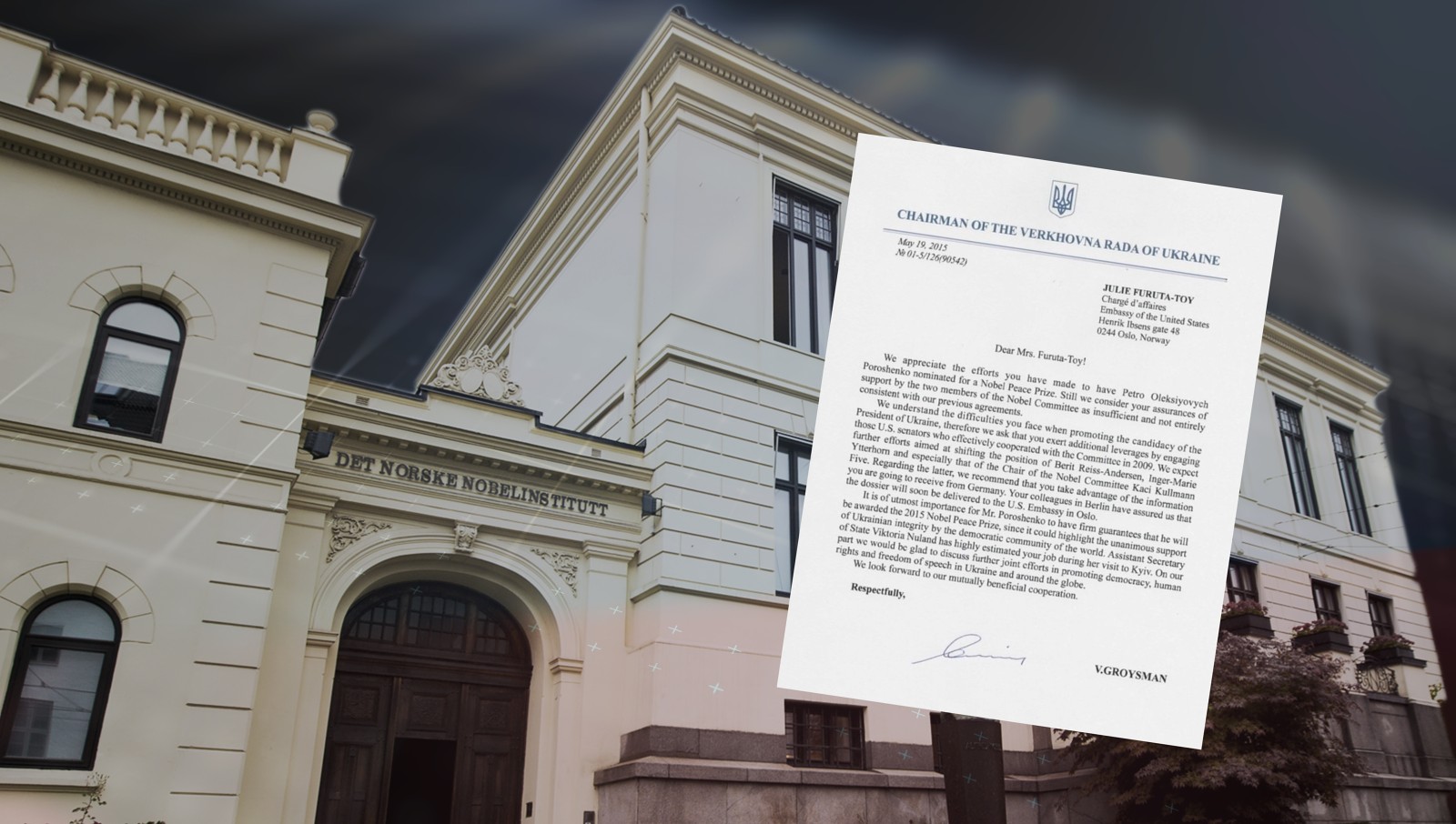The last 24 hours have brought a flood of discouraging statistics that both individually and collectively more perfectly capture the nature of Vladimir Putin’s Russia today than many more learned commentaries and analyses. They are listed below with only minimal comment.
- Nearly nine out of ten Russians say that other countries now fear theirs and three out of four of them say that this is a good thing, an indication that once again Russians have confused fear with respect and admiration.
- Despite all the economic and social problems they experience, a majority of Russians say they live in a rich and modern country, one that is the equal of any country in the advanced world, a conclusion for which there is ever less evidence as some of the items cited here show.
- Russians are less than pleased by their government’s plans to return even more church property confiscated by the Soviet authorities given that such returns often cost them museums and parks. In the last year alone, Moscow gave the Russian Orthodox Church back 133 such objects, but the authorities’ plans to return St. Petersburg’s St. Isaac’s Cathedral have not only sparked protests but a petition against that idea which has now been signed by more than 160,000 people.
- Not only are the cities and regions of Russia not linked together by decent highways and railroads, but they are increasingly not linked together by flights as well. Since the end of Soviet times, for example, the number of cities Voronezh is connected with by air fell from 93 to four. One of those is of course Moscow, thus reinforcing the hyper-centralized state of Russian life.
- One-quarter of all foods on sale in Russia are adulterated in one way or another, according to the Russian government. That puts the health and safety of the population at increasing risk.
- Every third Russian is now at risk of falling into extreme poverty in the near future, and the speed of this process exceeds that of all countries in the world except two, officials say.
- Yesterday, for the sixth time, Russian officials refused to investigate allegations that the Chechen militia has been torturing people it has detained, yet another way in which Moscow is refusing to take on Ramzan Kadyrov and his thugs and an indication that ever more Russians are likely to be the victims of such official violence not only in Chechnya but elsewhere.
- Russia’s economic growth is now much slower than at the end of Brezhnev’s time and its technological backwardness relative to the West is becoming ever more dangerous to the point that it now threatens the national security of the country, according to former finance minister Aleksey Kudrin. Significantly, he sees the major causes of Russia’s economic decline to be its long-standing problems of state governance and economic structure dramatically exacerbated over the 17 years of Putin’s rule and, only to a lesser degree, the lower oil prices and Western sanctions.
- Russians’ real incomes are falling even though their nominal ones have risen, an indication that the Kremlin’s claims notwithstanding, inflation is more than eating up any progress Russians have made in improving their lives over the last several years.
- And perhaps the saddest news of all: Russians in the hardest hit areas of the country have been spending more on new year’s celebrations relative to their regular spending than their counterparts in Moscow and other better off regions, a reflection of just how hard hit they have been and of the propensity of those who are suffering the most to try to wring out some pleasure from holidays like the one Russia has just passed through.
Related:
- Outline of possible ‘Bid Deal’ between Putin and Trump on Ukraine emerging, Oleshchuk says
- Russia’s creeping annexation of Georgian territory
- Ten pieces of bad economic news from Russia in last 24 hours alone
- Moscow plans to ‘export separatism’ to Baltic countries, Christensen says
- Talk about ‘hybrid’ regime obscures Putin’s creation of a ‘neo-Stalinist state,’ Pavlova says








